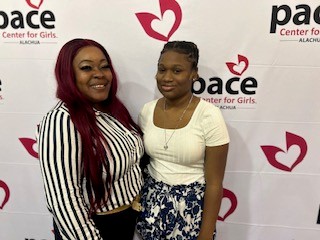Over the last year, mental health concerns became real to millions across America. As the coronavirus pandemic intensified social and economic anxieties, the Journal of American Medicine tracked the surge in mental health decline, stating “the effect of COVID-19 deaths on mental health will be profound” in an October 2020 report. Many who suffered were our youth, when schools moving to virtual learning caused achievement gaps to widen for students among low socioeconomic backgrounds.
Schools are a critical resource to provide holistic support services for our youth, but the hardships some children have experienced can cause trauma, and this trauma – whether direct or indirect – is not being effectively addressed as we try to heal in this new season. Long-term, this may affect symptoms such as poor verbal skills, lack of focus or may lead to academic under-achievement.
School personnel are uniquely positioned, having daily access to care for students who lack fundamental support systems that provide basic needs: food security, safety and a sense of belonging. Meeting basic needs for those who have gone through a traumatic experience is vital for healing. In schools, a relational approach to learning, which provides foundational support to create a healing environment to encourage students to relinquish unresolved trauma, is needed now more than ever.
Fostering a sense of belonging is critical for students who are struggling with physical, mental or emotional trauma. At Pace Center for Girls, we have spent more than 35 years fine-tuning a relational approach to learning, in support of vulnerable middle- and high school-aged girls across Florida. Despite the widespread impact of COVID-19, Pace girls remained engaged in schoolwork, counseling and therapy sessions, demonstrating an 88% academic improvement rate overall.
Grades matter, but helping our youth work through the challenges from the prior year must be a top priority. A new year represents a new start for our next generation of executives, politicians, explorers and teachers.
We shouldn’t anticipate that all student will bounce-back from hardship on their own. Instead, we should put support systems in place to set up our most vulnerable youth for long-term success, and a more relational learning environment is a good place to start.


